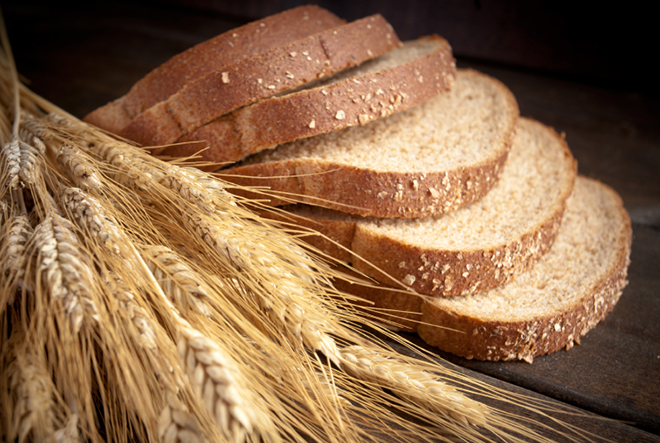Glyphosate has been a staple for conventional farmers for nearly half a century, as they rely on it to eliminate unwanted weeds and pests from their crops. This chemical is applied to fields during intervals between plantings to minimize weed growth, and it is also utilized as a desiccant for grain and bean crops. The quantity of glyphosate sprayed by farmers in the United States alone is staggering, as it would be sufficient to blanket every single acre of farmland worldwide with almost half a pound of this chemical.
In 2014, the global application of glyphosate amounted to 240 million pounds. Furthermore, as the cultivation of genetically modified crops continues to expand, the utilization of glyphosate is expected to experience a continuous upward trend.
The prevalence of gluten intolerance and celiac disease has surged alongside the escalated utilization of glyphosate in farming, particularly with the recent method of saturating crops with the herbicide just prior to harvesting. This practice, which originated in the 1980s and became customary in the 1990s, has led to a parallel between the symptoms observed in laboratory animals exposed to glyphosate and those associated with “gluten intolerance” and Celiac disease.
